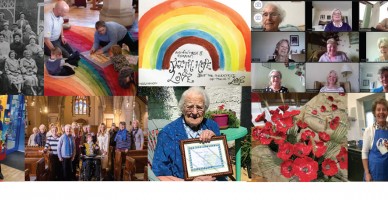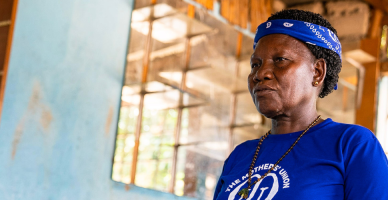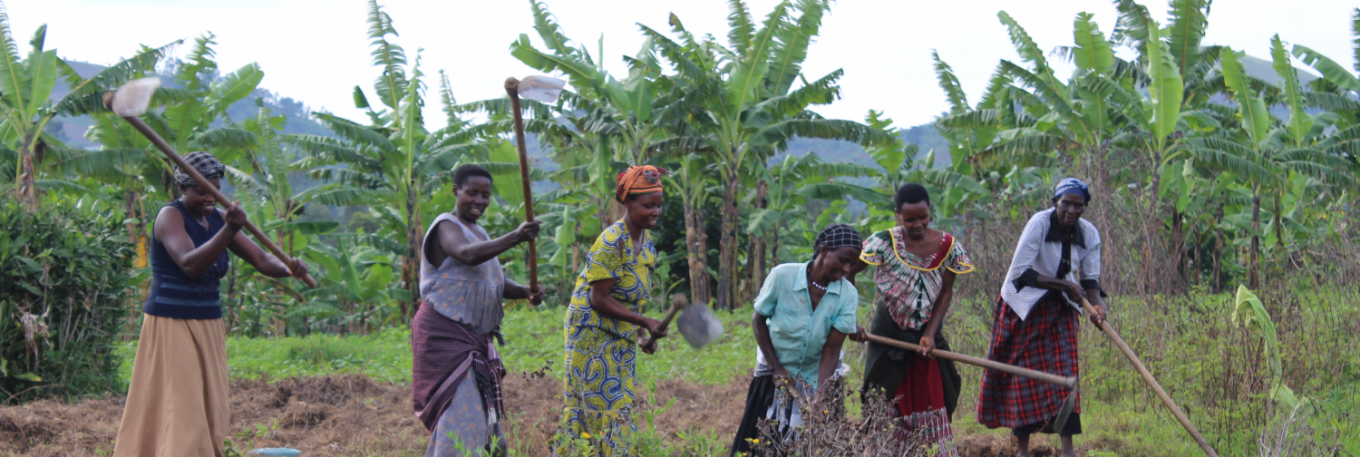Eagle started in 2013 after Mothers’ Union members in the country, through previous projects, recognised that they were not tackling the fundamental issues effecting their communities. This included:
- Issues such as witchcraft, domestic violence, unemployment, drug abuse
- People growing drugs instead of food crops
- Food poverty
- High levels of illiteracy, gender inequality and early pregnancy.
The programme has already exceeded expectations; since its inception it has benefitted over 2,700 group members, 5,000+ household members and over 6,000 community members - meaning that in total it has helped over 14,000 people throughout Uganda. Eagle has improved their lives in the following ways:
- Their relationships with God, with others and with the environment are better
- Developing better use of local resources for example, cultivating church land, improving community infrastructure and securing government support for their initiatives
- Improved livelihoods, with people using their land effectively, leading to more and better quality food and increased income. This has led to families being able to send their children to school
- Improved health and sanitation, including building and using latrines, providing access to safe water and greater attendance of government HIV and cancer testing
- Demonstrable evidence that women have an increased share in decision making and greater responsibility thus leading to decreased incidence of domestic violence.
Challenges remain. Some participants – often those who need Eagle the most – find it hard to participate fully as they cannot read or write – so facilitators are working hard to make it easier for people from all backgrounds to participate.




